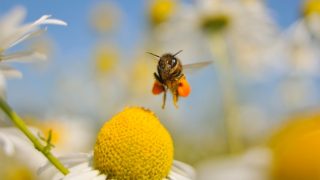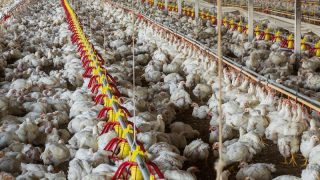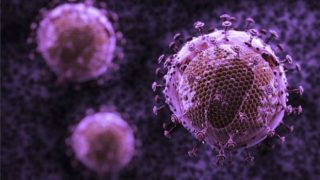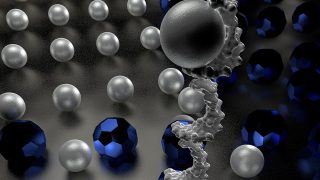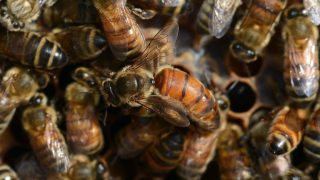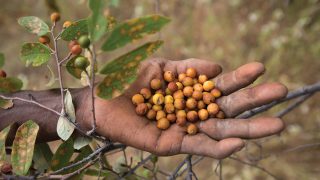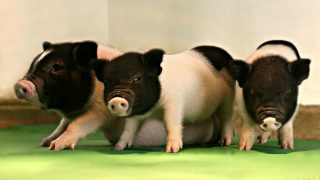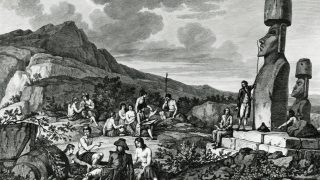
MI weekly selection #254
Ancient Easter Islanders’ ancestry charted through DNA tests Ancient Easter Island inhabitants had no contact with outside people before Europeans came in the early 1700s. “They are 100% completely Polynesian ancestry as far as we can see,” said study author Pontus Skoglund. The New York Times Soft tissues, stomach contents found in well-preserved salamander fossil […]
